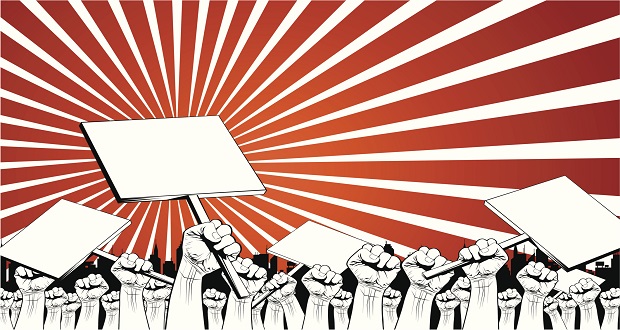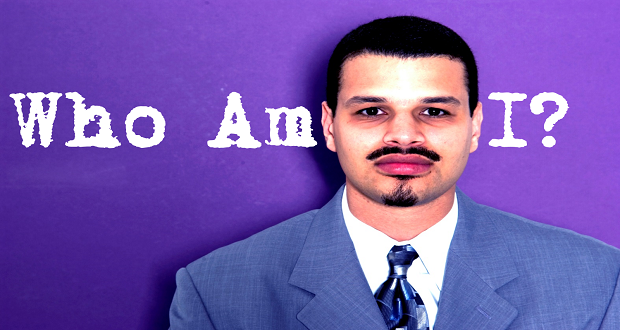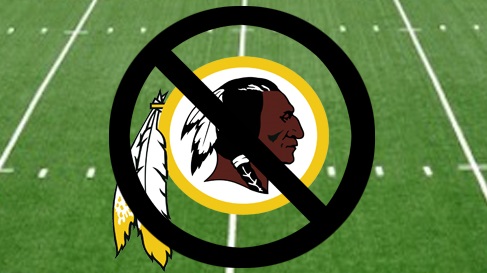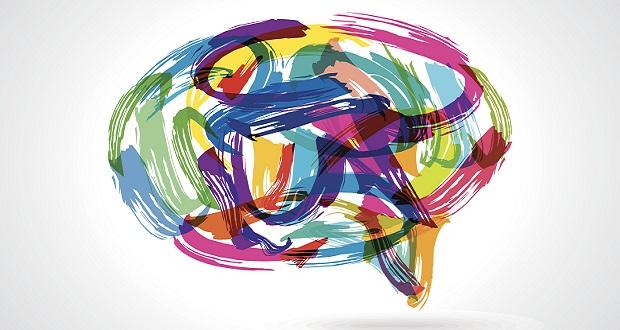
I’m writing this on the last day of 2013. And as expected, the blogs and articles listing this year’s accomplishments and failures are rolling in, from individual posts to mainstream publications. All around the world, New Year’s celebrations are met with moments of contemplation on the past year and promises of anticipation for the year ahead; it is time for resolutions. Promises we make to ourselves about what we will do to make the New Year the best one yet.
Resolutions for the coming year and reflections on the past one are helpful benchmarks to gauge our progress and mark our areas for improvement. Like everyone else, I make them and think they are useful. But they can also be illusions of our success and distractions of our failure.
I have spent some time today reading several lists of 2013’s failures and successes in racial equality and I am equal parts hopeful and discouraged. Honestly, I’m confused. I want to be hopeful and optimistic about our countries progress in inclusion and justice, but it’s hard in the face of such disheartening losses like Trayvon Martin and Renisha McBride. Or statistics that point to higher levels of segregation now than 40 years ago. I am, however, also aware of our culture’s tendency to highlight a year’s major failures while ignoring every day successes of inclusion, love and justice that rarely make headlines. In short, although my resolutions are helpful reminders of my best intentions and my reflections on success and failure are useful guideposts, I make them both with caution.
I hesitate to think about justice and equality as a zero sum game that can be easily put into lists of winners and losers. Examples of success and progress are encouraging, but they can also give the illusion of victory on a battlefield that is very bloody. I see this when I hear many people casually wave off the weight of inequality because we “now have a black President.” In the same way, only focusing on the worst examples of injustice can be blinding to more subtle ways that inclusion and equality are being experienced in the mundane acts of daily life.
I’m not advocating abandoning the language of resolutions or the recording of victories and defeats. I think they are important and useful. But another way of thinking about the fight against inequality is in terms of revolutions. Not in the sense of a violent political revolt, but a circular, repeating motion. Since the beginning of recorded history, humans have been a part of a circular history of repeated successes and failures in justice and equality. For every instance of celebration, there is a reason for regret in its shadow; and vice versa.
Thinking about the journey to more inclusive living in 2014 as a revolution is a helpful reminder that the fight for equality is constant and its advocates should be relentless. Victories should motivate us to combat the new instances of injustice that inevitably lie ahead and moments of failure remind us that the journey is continuous. When we look back on 2013, with all of the revolutions of progress and failure, we can learn from the cycles that repeat themselves with hope of better revolutions in the future. The inevitability of human bias and prejudice will be matched with inevitable acts of human kindness and strides towards equality.
As you take time to reflect on the past year and resolve about the coming one, I challenge you to embrace the revolving nature of the path to equality as motivation to continue to walk in it.


















